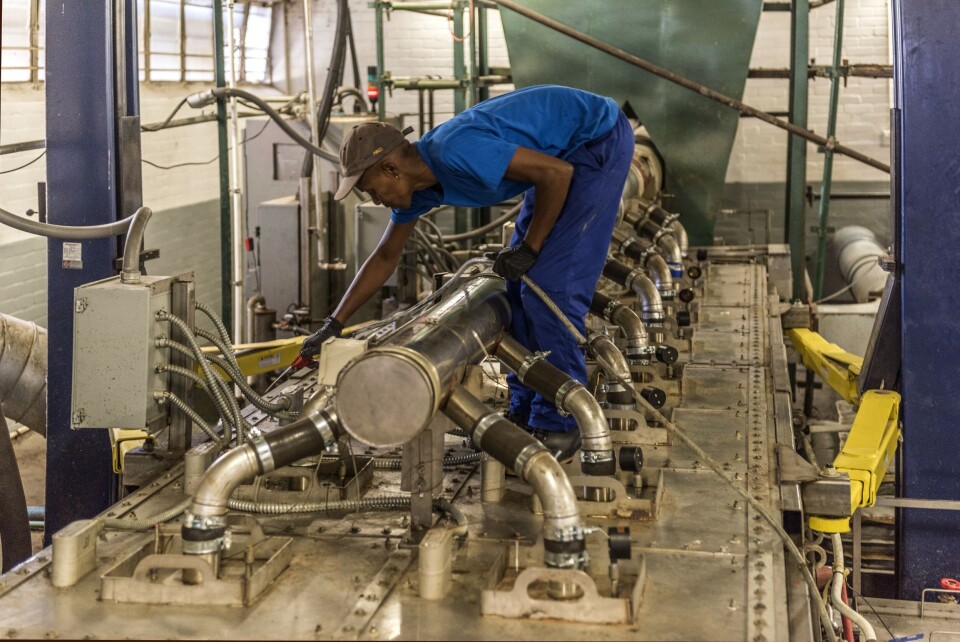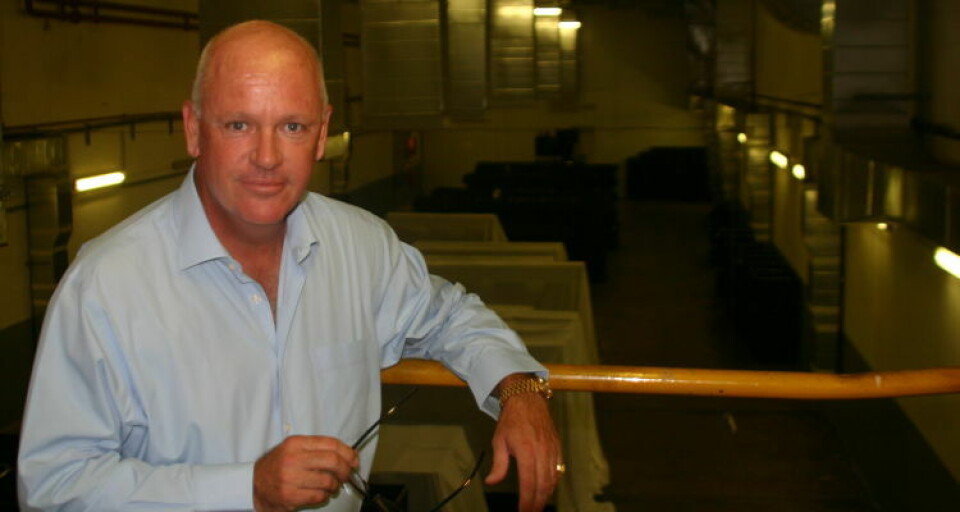
AgriProtein to build 20 fly farms in US and Canada
The world's biggest fly-farmer has set up a North American team and unveiled plans to build 20 fly farms in the region.
AgriProtein aims to create a network of insect protein factories mass-producing sustainable animal feeds to replace fishmeal and has a global target of building 100 fly farms by 2024 and 200 by 2027.
The first commercial-scale insect meal producer, AgriProtein is now seeking suitable locations and licensing partners in the US and Canada for its fly-farm operations. Its North American team is also looking to build an R&D capability.

Co-founder and chief executive Jason Drew said: "With supplies of fishmeal dwindling we’re moving as quickly as we can to bring insect protein into the mainstream of animal feed.
"As well as ensuring continued supply of protein in the years ahead, replacing fishmeal with insect meal allows our oceans to heal, reduces greenhouse gases at every stage of the supply chain from point-of-catch to point-of-sale and leaves more fish in the sea for humans.”
AgriProtein, which rears fly larvae on organic waste which it says would otherwise go to landfill, announced the North America initiative at the World AgriTech Innovation Summit 2017 in San Francisco.
'Important market'
North America and Canada leaderJon Duschinsky said: "The US is the world’s biggest consumer of protein and the world’s biggest producer of organic waste, a very important market for us. And as AgriProtein is disrupting three industries - agriculture, aquaculture and animal feed - it’s natural we chose the world centre of disruptive technologies to launch our North American campaign.”
AgriProtein has allocated several international licenses to use its technology in Asia, Australasia and the Middle East. Last week the company signed an agreement to build three fly farms in Saudi Arabia.
In February it announced a partnership with Austrian engineers Christof Industries enabling it to roll out its fly factory blueprint on a turnkey basis anywhere in the world at the rate of 25 per year.
In December last year the company won an AUD 450,000 award for its industrially scalable solution to the depletion of fish stocks in the Indian Ocean in the Australian government-backed Blue Economy Challenge.























































